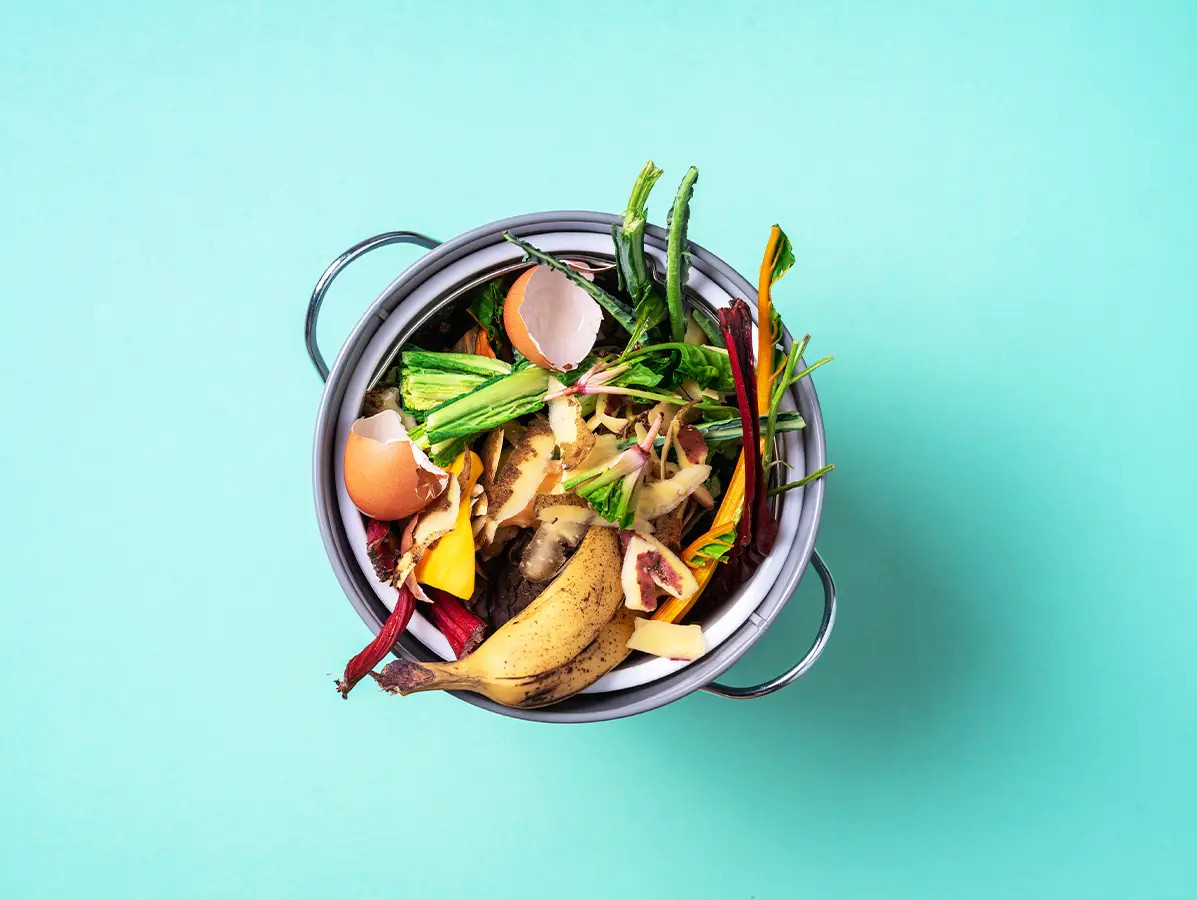
How can raw materials be used as efficiently as possible in the food chain? This was the key question on Tuesday, 1 April, when more than 100 representatives from across the food chain gathered. Farmers, processors, logistics, retail, hospitality, and other stakeholders engaged in discussions about the opportunities to prevent, reduce, and valorise food waste. Together, they are working towards a future-proof food chain in which raw materials are used as effectively as possible.
Gerda Verburg, Chair of the Board of Samen Tegen Voedselverspilling, emphasised the importance of collaboration: “With the input we have gathered, we can now set a clear course towards 2030. Front-runners from all parts of the chain have shared the challenges and opportunities they see. I am pleased that the primary sector was also well represented because we need to organise and seize these opportunities together — across the entire chain.”
Rabobank and the Nederlands Agrarisch Jongeren Kontakt (NAJK) both made strong appeals during the meeting. Alex Datema, Director of Agri & Food at Rabobank, said: “There is really no debate about food waste. Everyone stands to gain if we address it. So why does it still happen so often? It all comes down to the value we place on food. Right now, it is often more tempting to accept losses because reprocessing is usually more expensive. But where is the true value? All our food is valuable, even what is left behind in the field or the factory or is not purchased for whatever reason. Let’s treat it that way, and we won’t leave it behind.”
Roy Meijer, Chair of NAJK, sees clear opportunities for the sector: “Wasting food means losing money, and we simply cannot afford that with the margins we have. However, we still face a few challenges. Livestock farmers are well able to use residual streams for animal feed, but this requires the right technology and regulatory space from the NVWA to use streams, for example, from professional kitchens. On top of that, the residual streams we can use are also attractive for energy production. That yields much less value, but at the moment — often thanks to subsidies — it can be more profitable.”
The input from the dialogue will be used in the coming period to shape a strategy aimed at further reducing and valorising food waste.
Source: Samen Tegen Voedselverspilling